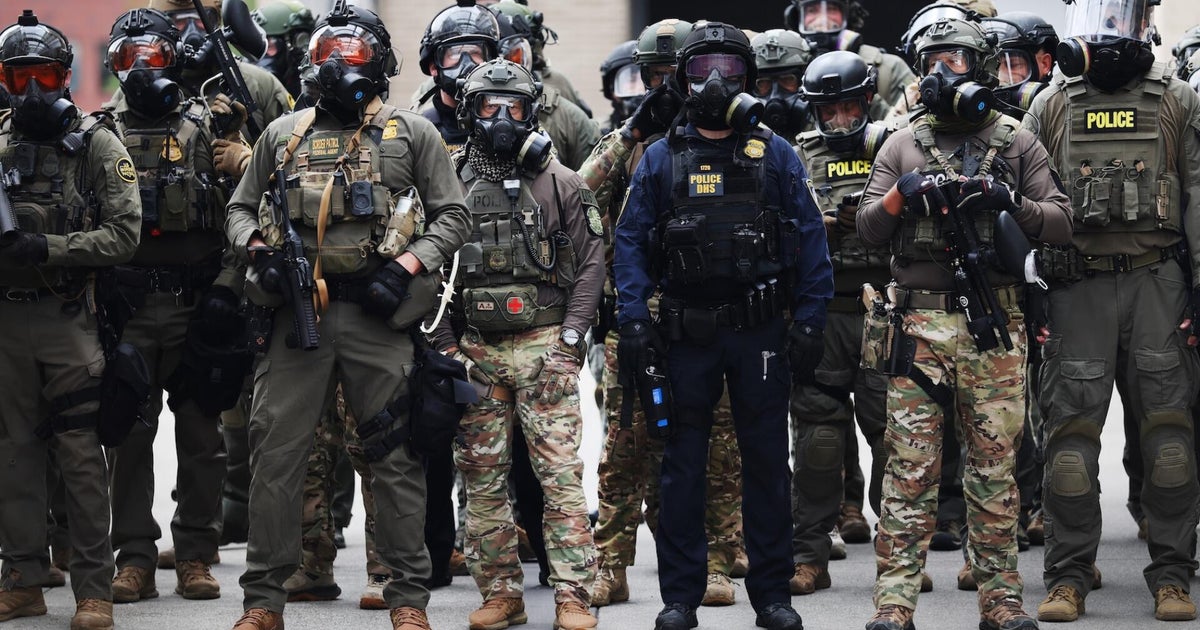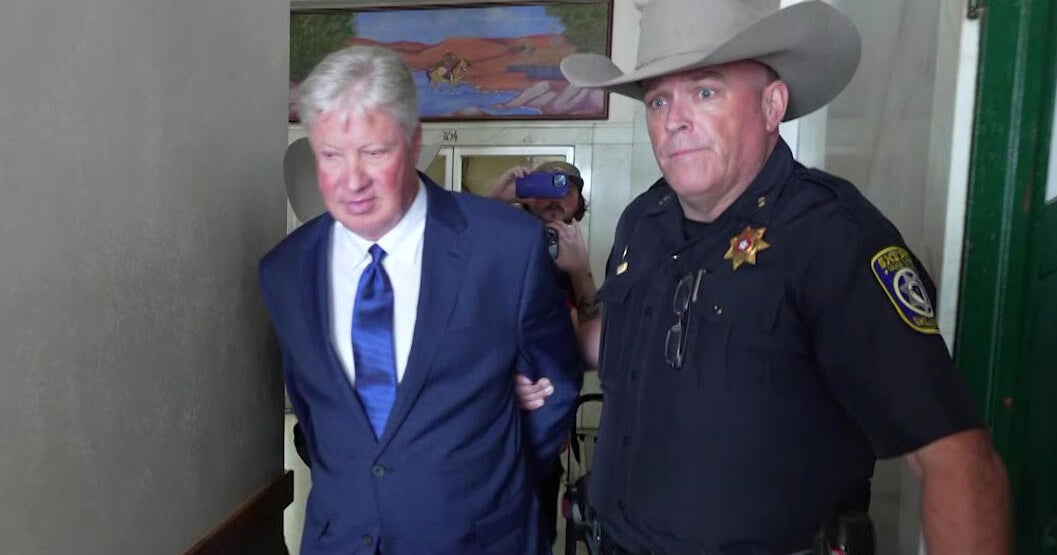Supreme Court Weighs Free Speech in Colorado Conversion Therapy Case

Supreme Court Considers Free Speech and Professional Conduct
The U.S. Supreme Court recently heard arguments in a case challenging Colorado’s ban on conversion therapy for minors, with a majority of justices expressing skepticism about the law’s constitutionality. Lawyers for counselor Kaley Chiles argued the ban infringes on therapists’ First Amendment rights by restricting conversations about sexual orientation and gender identity, even when those discussions are based on religious or personal beliefs. The state, however, maintains the law regulates professional conduct—not speech—citing a consensus among mental health organizations that such therapies are harmful and ineffective.
Debate Over Viewpoint Discrimination and State Power
During oral arguments, several conservative justices raised concerns about viewpoint discrimination, questioning whether states can favor one medical opinion over another. Justice Amy Coney Barrett highlighted the tension between protecting minors and respecting professional speech, while Colorado’s solicitor general emphasized that licensed professionals are held to a standard of care, not unlimited free expression. A ruling against Colorado could prompt over twenty states to revisit similar bans, reshaping the legal landscape for LGBTQ+ youth protections and professional speech rights nationwide.
About the People Mentioned
Amy Coney Barrett
Amy Coney Barrett, born January 28, 1972, in New Orleans, Louisiana, to a deeply Catholic family, is an American lawyer and jurist serving as an associate justice of the U.S. Supreme Court since October 27, 2020.[1][2][3][5] She is the fifth woman confirmed to the Court, nominated by President Donald Trump to replace Ruth Bader Ginsburg following her death in September 2020.[1][3][5] Barrett graduated from Rhodes College with a degree in English literature and earned her law degree from Notre Dame Law School. She began her legal career with prestigious clerkships: first for Judge Laurence Silberman on the U.S. Court of Appeals for the D.C. Circuit (1997-1998), then for Supreme Court Justice Antonin Scalia (1998-1999), whose originalist judicial philosophy she has cited as influential.[1][2][3] After brief private practice, she joined Notre Dame Law School as a professor in 2002, publishing extensively in top law reviews and earning distinction as a scholar.[2][7] In 2017, Trump nominated her to the U.S. Court of Appeals for the Seventh Circuit, where she was confirmed and served until 2020, authoring about 100 opinions on issues including gun rights, immigration, discrimination, sexual assault, and abortion, often aligning with conservative views.[1][2][5][6] Her Supreme Court nomination sparked controversy due to its proximity to the 2020 presidential election; she was confirmed 52-48 along party lines on October 26, 2020, after a four-day Senate hearing.[1][3][5] Currently, Barrett remains an active Supreme Court associate justice, contributing to a 6-3 conservative majority on cases involving constitutional interpretation, abortion rights, and other high-profile matters.[3] Married to Jesse M. Barrett since 1999, she is a mother of seven children.[2][4]
About the Organizations Mentioned
U.S. Supreme Court
The **U.S. Supreme Court** is the highest judicial authority in the United States, established by Article III of the U.S. Constitution and formally created under the Judiciary Act of 1789. It serves as the ultimate arbiter of constitutional and federal law, with the power to interpret the Constitution, review laws, and overturn those deemed unconstitutional, thus checking the legislative and executive branches of government[1][4][6]. The Court first convened in 1790 with six justices, including its first Chief Justice, John Jay. Over time, Congress adjusted the number of justices, settling at nine in 1869, comprising one Chief Justice and eight Associate Justices, all appointed by the President and confirmed by the Senate[1][3][6]. Justices hold lifetime appointments, ensuring judicial independence. The Court initially lacked prestige but gained significant authority under Chief Justice John Marshall (1801–1835), who established judicial review in *Marbury v. Madison* and solidified the Court as the definitive interpreter of the Constitution[10]. Key achievements of the Supreme Court include landmark rulings that shaped American federalism and civil rights, such as *McCulloch v. Maryland* (affirming federal power), *Gibbons v. Ogden* (regulating interstate commerce), and the establishment of judicial independence during the impeachment proceedings of Justice Samuel Chase. The Court also modernized its procedures by issuing unified majority opinions instead of individual ones[10]. Today, the Supreme Court sits in its dedicated building in Washington, D.C., completed in 1935, holding annual terms from October to late June or July. It exercises original jurisdiction in limited cases (e.g., disputes between states) and primarily appellate jurisdiction over federal and constitutional issues[4][6]. For readers interested in business and technology, the Court’s decisions profoundly impact regulatory frameworks, intellectual property law, and digital privacy rights, influencing the legal landscape in which modern enterprises operate. Its role in balancing governmental


















